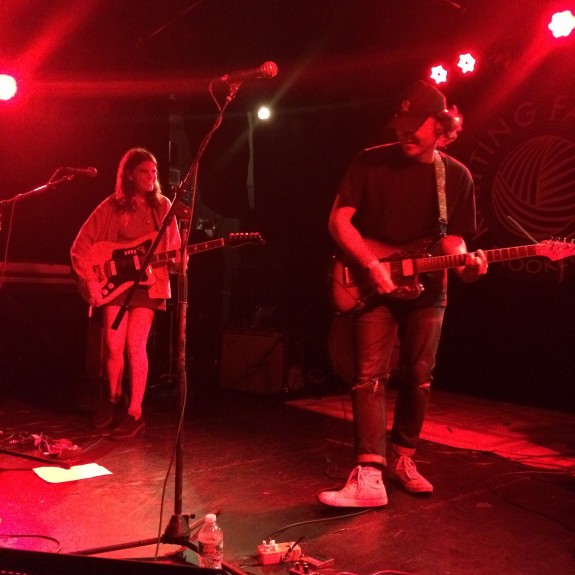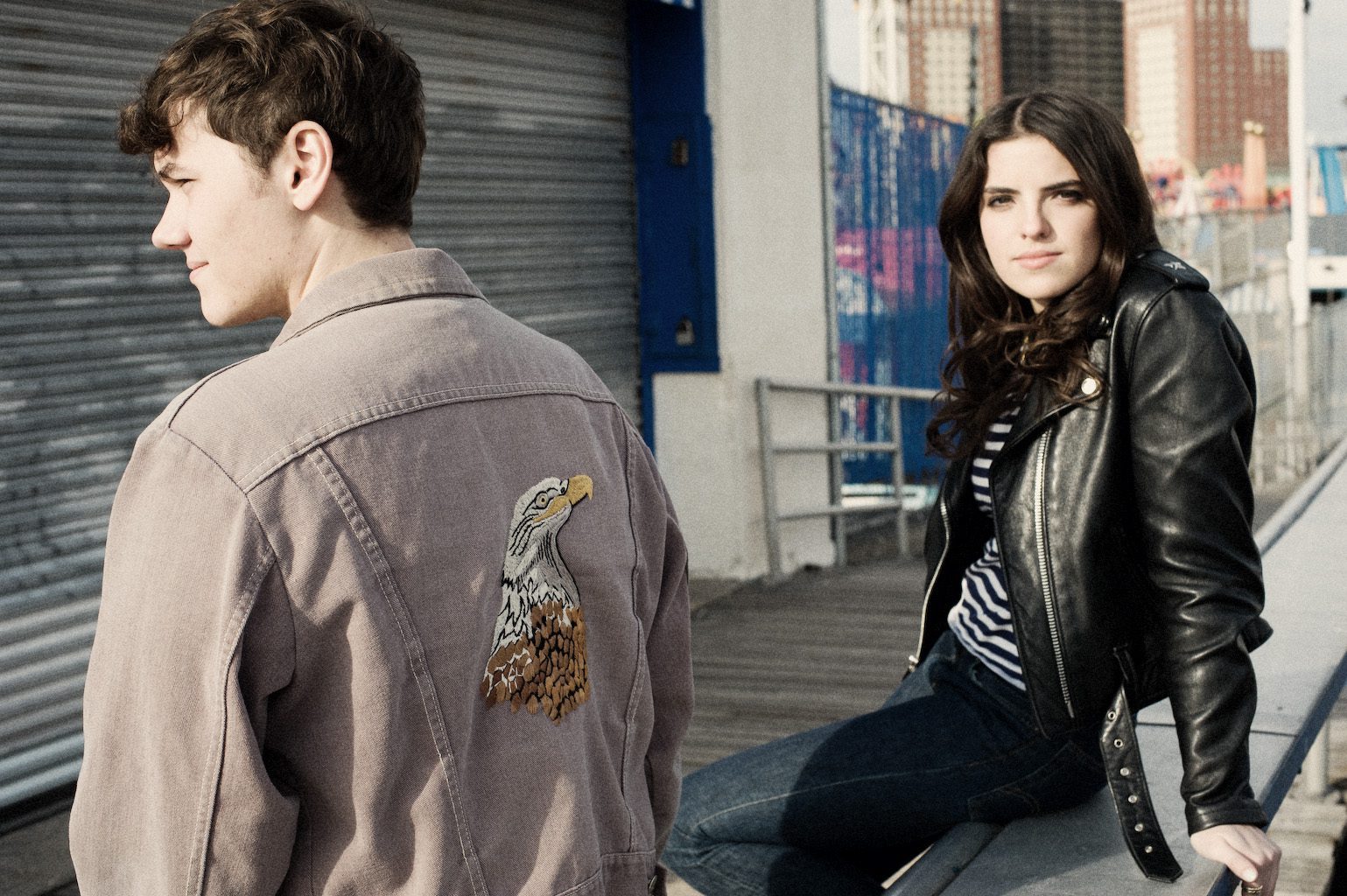

Boom Bang-a-Bang, selected by the British public in a vote that relegated a song by the then-unknown Elton John and Bernie Taupin to last place, apparently much to the duo’s relief, sounded, in John’s subsequent estimation, “like something pissed Germans would slap their knees to in a Bavarian beer hall”. No less than four countries had to share the prize in 1969. Lulu, whose song for the UK, Boom Bang-a-Bang, shared the winning slot with three other countries in 1969. Corry Brokken – Net Als Toen (Netherlands, 1957) Perhaps there was a reactionary backlash against early 80s pop’s synthesisers and makeup, similar to that which put Engelbert Humperdinck at No 1 at psychedelia’s height: how else to explain the UK popularity of Nicole’s winsome Ein bißchen Frieden (A Little Peace), which is essentially I’d Like To Teach The World To Sing without the tune? 60. Izhar Cohen and the Alphabeta – A-Ba-Ni-Bi (Israel, 1978)īy now, Eurovision’s Abba tendency was beginning to look a bit clapped-out: witness the Alphabeta – three boys and three girls – and the cantering but club-footed cod-disco of A-Ba-Ni-Bi, its chorus catchy only because you are clobbered over the head with it about 7,000 times. It is startlingly pallid, although be thankful for small mercies: it originally had seven verses. The old Father Ted joke about Ireland deliberately entering a terrible song in Eurovision because it couldn’t afford to host the contest the following year had its basis in a persistent rumour about Rock ’n’ Roll Kids. Paul Harrington and Charlie McGettigan – Rock ’n’ Roll Kids (Ireland, 1994) It was hhistoric in some ways – Dave Benton was the first black performer to win Eurovision and it was the first entry from a former Soviet country to win – but not, alas, musically. Middling disco-house, like a less impactful version of Phats and Small’s Turn Around, with a cheesy chorus and a lot of irksome vocal ad-libbing. Tanel Padar, Dave Benton and 2XL – Everybody (Estonia, 2001) Obviously, no one was expecting Eurovision to come up with a winner that reflected 1979’s cutting-edge pop – Gary Numan, the Specials etc – but there are limits. Milk and Honey – Hallelujah (Israel, 1979)Ī song so weedy that a light breeze would knock it flat, sung by an ineffably annoying cabaret turn in sequinned braces. Perhaps it is kindest to say that there were evidently plenty of people who found Netta’s performance of the staccato Toy, replete with onomatopoeic vocalising, chicken noises, flapping arms and much self-consciously wacky gurning to camera, endearing rather than wildly infuriating and leave it at that. Personal favorites on this album include “Hold The Line,” “Oh No” and “Secrets,” but I invite you to see for yourself and find your own.Endearing or wildly infuriating? Israel’s Netta performs Toy at Eurovision in Lisbon in 2018. The album itself is loaded with a mix of upbeat tunes and slow 1960s-styled ballads, and the harmonies between the two in conjunction with the reverb on the guitars creates a “wall of sound” aesthetic that will help you block out the sounds of the city while you walk to class, and allow yourself to have a chilled out and serene commute. If anything, this video will serve as an escape from the cold Montreal winter and remind you of what’s to come in just a few short months. The video itself is a montage of scenarios one would find themselves in during the summertime: pool hopping, skinny-dipping, smoking, all with a lack of obligations. It pays homage to Dazed and Confused, but also could have been shot from the point of view of Wes Anderson.


The video features the duo as well as a group of their friends in 70’s inspired garb, and the whole thing was shot of Super 16 film. VICE’s online sub-section and indie culture channel i-D Vice covered the video and new LP, and immediately I was hooked. To accompany their track “Quarter Past The Hour,” they released and starred in their own music video to help promote the album, and that’s how they got my attention. What makes these two so captivating is not only their nod to vintage sounds and classic 1960s vibes, but also the fact that it’s just the two of them: two guitars two voices no percussion aside from a tambourine here and there. The lyrics are both autobiographical and passively adolescent, and the lack of a full-sized band leaves Jack Staffen and Eliza Callahan up at the front with nothing to hide behind. The pair released their first full-length album, Gentle Warnings, in August of 2015.

Surf Rock: a genre that has seen the likes of Jan and Dean, Dick Dale and the Beach Boys has persevered through to the 21st century, and unfolded new “naked”-surf sounds such as those created by the duo Jack + Eliza. This piece was written in 2015 as a review of the Jack + Eliza Album “Gentle Warnings”.


 0 kommentar(er)
0 kommentar(er)
